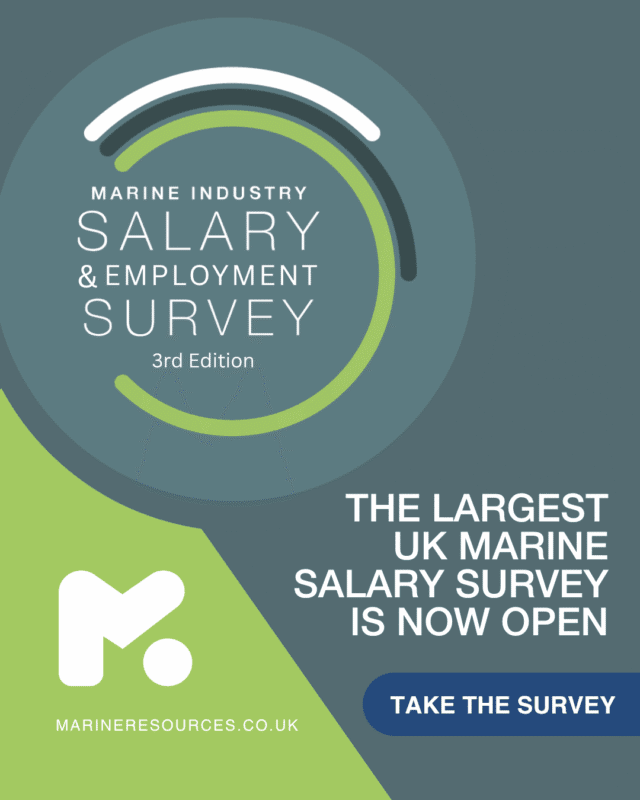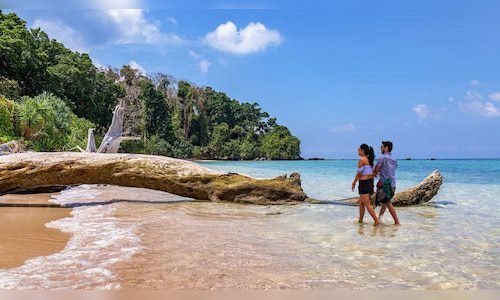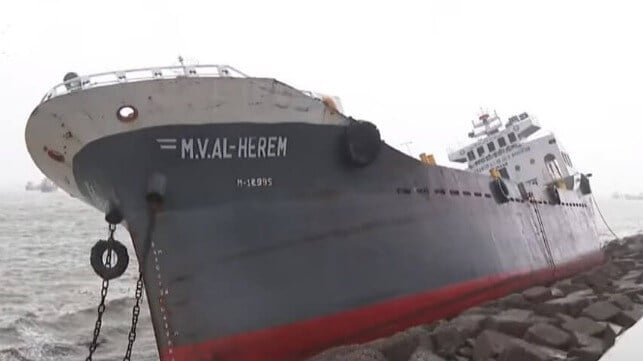The ocean, with its vast expanse of blue mystery, has always been a source of sustenance, wonder, and intrigue. On World Ocean Day, it is crucial to contemplate the intricate relationship between humanity and the sea, especially for maritime nations like Bangladesh, whose fate is closely intertwined with the marine waters that surround them. Cradled by the Bay of Bengal, Bangladesh boasts a maritime area almost as extensive as its land territory, offering a wealth of resources that, if managed sustainably, could lead the nation towards prosperity and stability.
The adoption of marine spatial planning (MSP) is essential for Bangladesh to navigate the complexities of marine resource management and strike a balance between economic growth and environmental preservation. MSP goes beyond traditional resource management, aiming for harmony between human activities and the marine ecosystem. It involves stakeholders from various sectors collaborating to craft a blueprint for the ocean’s future, ensuring informed decisions that prioritize the ocean’s health over short-term gains.
Despite challenges, such as the lack of an integrated legal and policy framework and fragmented sector-specific plans, Bangladesh has made progress in delineating its maritime boundaries. The implementation of MSP requires coordination, integration, and robust data collection on marine resources. As Bangladesh strives for sustainable resource management, MSP emerges as a crucial tool for achieving this goal. By embracing MSP, Bangladesh can pave the way for sustainable marine governance, ensuring the responsible use of marine resources and the preservation of the marine environment for future generations.

















